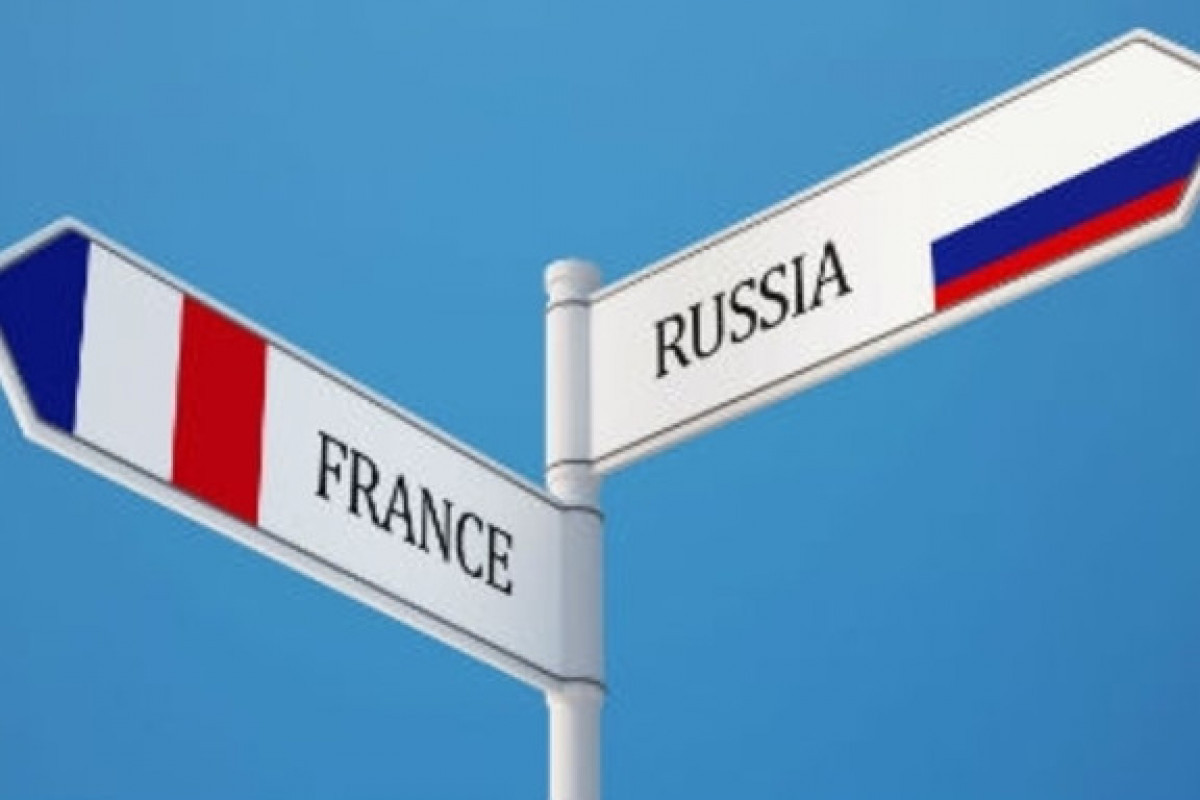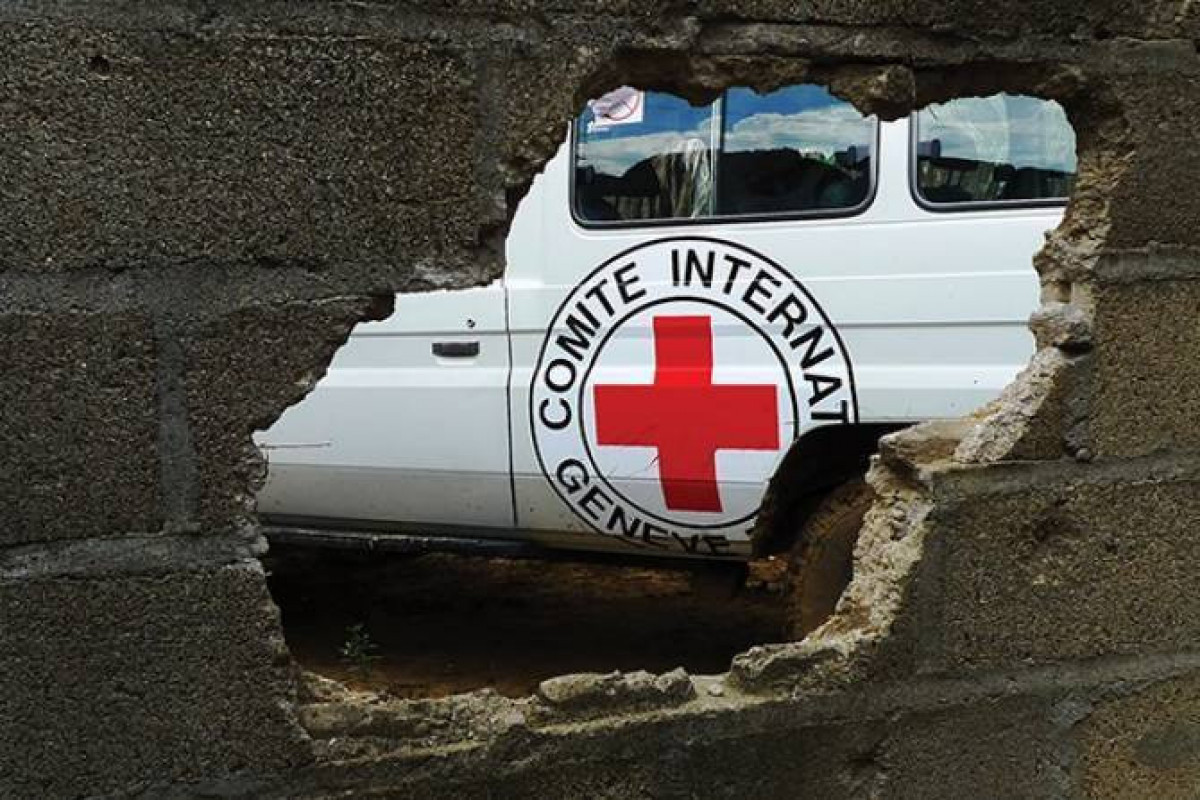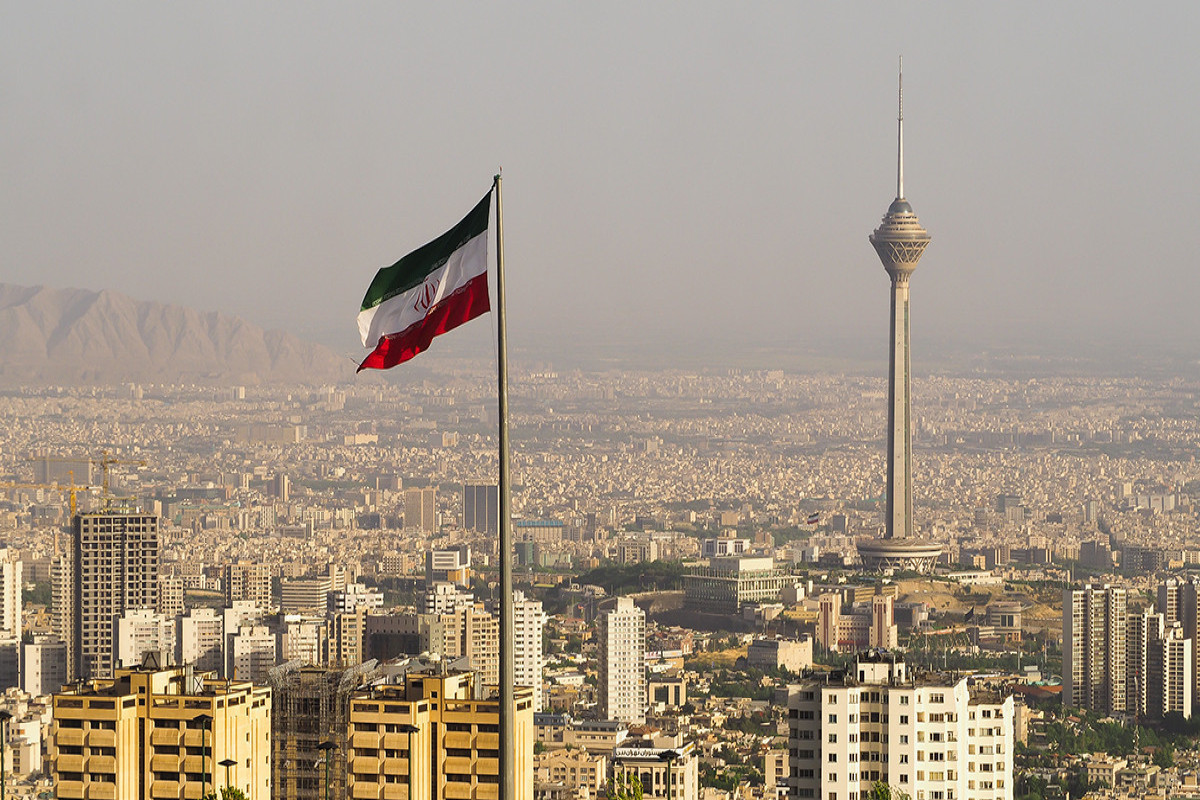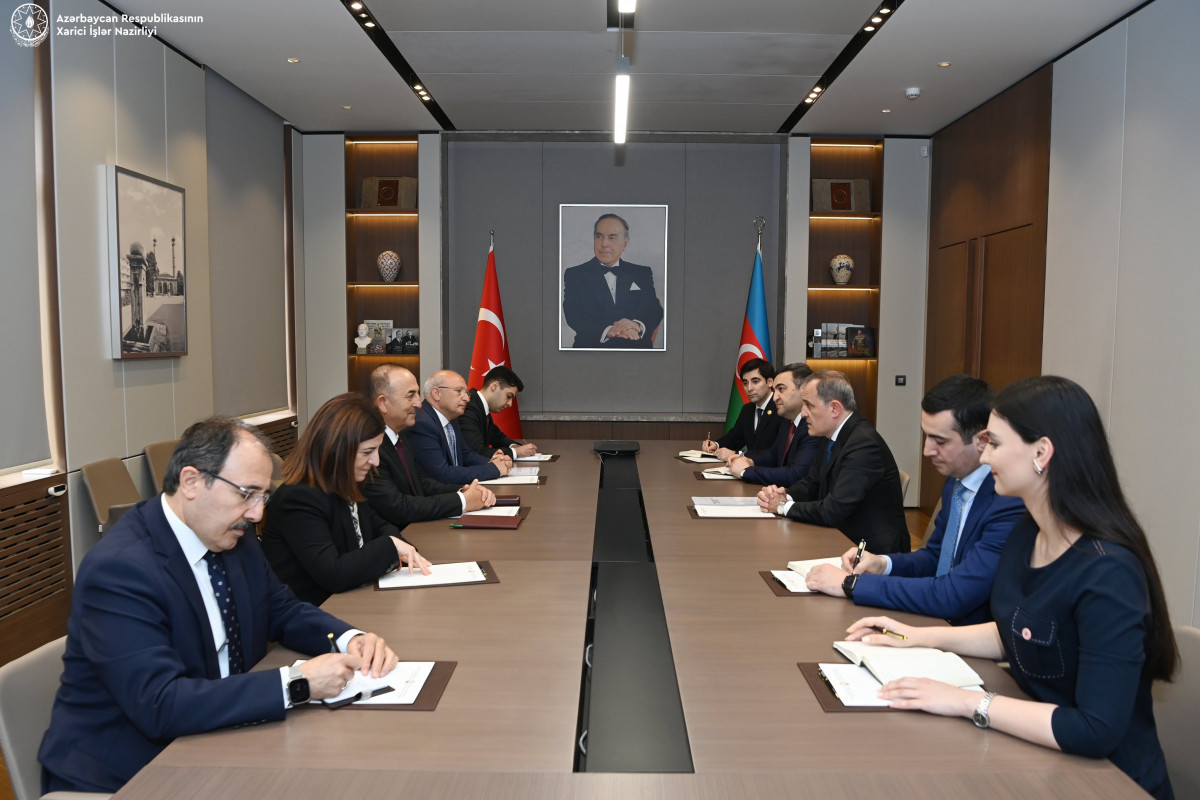Nevertheless, it is undeniable that there has been a ‘qualitative change’ in the negotiation process and in international powers’ approach to the problem following the outbreak of the hostilities on the line of contact between Armenian and Azerbaijani troops from April 2 to 5. Everyone may agree that the Nagorno-Karabakh problem—which has always been considered a “frozen” conflict—is actually not frozen at all but rather carries the risk of erupting at any time and is thus supposed to be resolved. We can assess it as the main change and something new compared to the situation prior to April 2, 2016. Another important factor is that the invader did see and feel that Azerbaijan does have the will to liberate its territories and the Azerbaijani Armed Forces have improved considerably as compared to the past period, turning into a formidable fighting force. The opposing side came to realize that the rhetoric of Azerbaijan’s political and military leadership as to Azerbaijan being capable of liberating its lands by military force is a reality. This factor had not existed in the negotiation process prior to April 2 and the invader had felt confident at the table, thinking of no compromise.
The new conditions that have emerged are likely to push the invader to take a constructive position in the negotiations. In case Armenia remains in its non-constructive and uncompromising position, Azerbaijan and probably international mediators (if they truly want the conflict resolved) will remind Armenia of the option of war. In case the Azerbaijani Army, after having conducted a successful counter-offensive operation against the forces stationed along the contact line during the four-day war, launches large-scale operations, there will be no happy ending for the Sargysan regime and probably Yerevan also realizes it. For this reason, the shift of the peace process from the ‘deadlock’ doest not look like an empty optimism. Now, the main thing is the issue that to what extent the occupying side is ready to compromise or to what extent the mediators will be able to force the occupier to compromise. The Azerbaijani Army has fulfilled its task and Azerbaijan enjoys the military and psychological advantage. The Azerbaijani diplomacy will no doubt try to make maximum use of this favorable atmosphere in the negotiations.
In the settlement process, Azerbaijan has always relied on international law and the international documents adopted on the conflict’s settlement. Latest statements by Azerbaijan’s president show that this position is ongoing and will continue in a more decisive manner. The president stated that in fact there is a simple solution to the conflict –- Armenian armed forces must leave the occupied Azerbaijani territories and the Azerbaijani citizens must return to their native lands, after which peace and security can be restored in the region.
“The principle of peoples' self-determination should not lead to a violation of countries’ territorial integrity as required by the Helsinki Final Act,” the Azerbaijani head of state stressed.
Indeed, the conflict’s settlement lies through respect for the principles of international law, which are reflected in the Helsinki Final Act.
This act is a very important international document, keystone in the security architecture of post-World War Two Europe and relations between the member states. Helsinki Final Act sets out 10 principles guiding relations between participating states:
I. Sovereign equality, respect for the rights inherent in sovereignty
II. Refraining from the threat or use of force
III. Inviolability of frontiers
IV. Territorial integrity of States
V. Peaceful settlement of disputes
VI. Non-intervention in internal affairs
VII. Respect for human rights and fundamental freedoms, including the freedom of thought, conscience, religion or belief
VIII. Equal rights and self-determination of peoples
IX. Co-operation among States
X. Fulfillment in good faith of obligations under international law
Even a cursory view of the abovementioned principles allows us to understand that Armenia has violated most of these principles through its aggressive policy. The position of the Azerbaijani state is that the peace process should be aimed at eliminating the violation of the principles of international law, which is considered a ‘key’ to the conflict’s settlement. It is known that at the moment the settlement process is based on the principles of territorial integrity, non-use of force and peoples’ self-determination, and Azerbaijan has given its consent to it. However, the Armenian side for many years has been unilaterally misinterpreting these principles, stating that the principle of peoples’ self-determination envisages the right to secession and the right to establish an independent state. There is a fact proving the fallacy of this that none of the OSCE countries agree with such an interpretation of the principles of the Helsinki Final Act.
The principles of territorial integrity and inviolability of borders is the basis of Europe’s security, and it is not difficult to imagine the grave consequences that will result from the denial and violation of these principles. It is not coincidence that especially after the annexation of Crimea, the United States and the European Union emphasized the importance of the principles of territorial integrity and inviolability of borders for Europe’s security. No major state mentioned the Crimean population’s right to self-determination and secede from Ukraine. What’s interesting is that Russia accused of violating these principles itself stresses the importance of territorial integrity.
Thus, in this respect Armenia has politically driven itself into a corner, and Azerbaijan’s stance in line with international law is welcomed by the international community.
As mentioned above, Azerbaijan doesn’t ignore the principle of peoples’ self-determination and has repeatedly stated its readiness to grant the Armenians of Nagorno-Karabakh the right to self-governance in accordance with international practice. The principle of peoples' self-determination shouldn't lead to violation of countries' territorial integrity. This principle should be observed within countries’ territorial integrity. The borders can be changed only when the parties to the conflict themselves agree.
The settlement of the Armenian-Azerbaijani Nagorno-Karabakh conflict lies through the observance of the Helsinki principles by Armenia.
APA Analytic Center



 ANALYSIS'>
ANALYSIS'>


